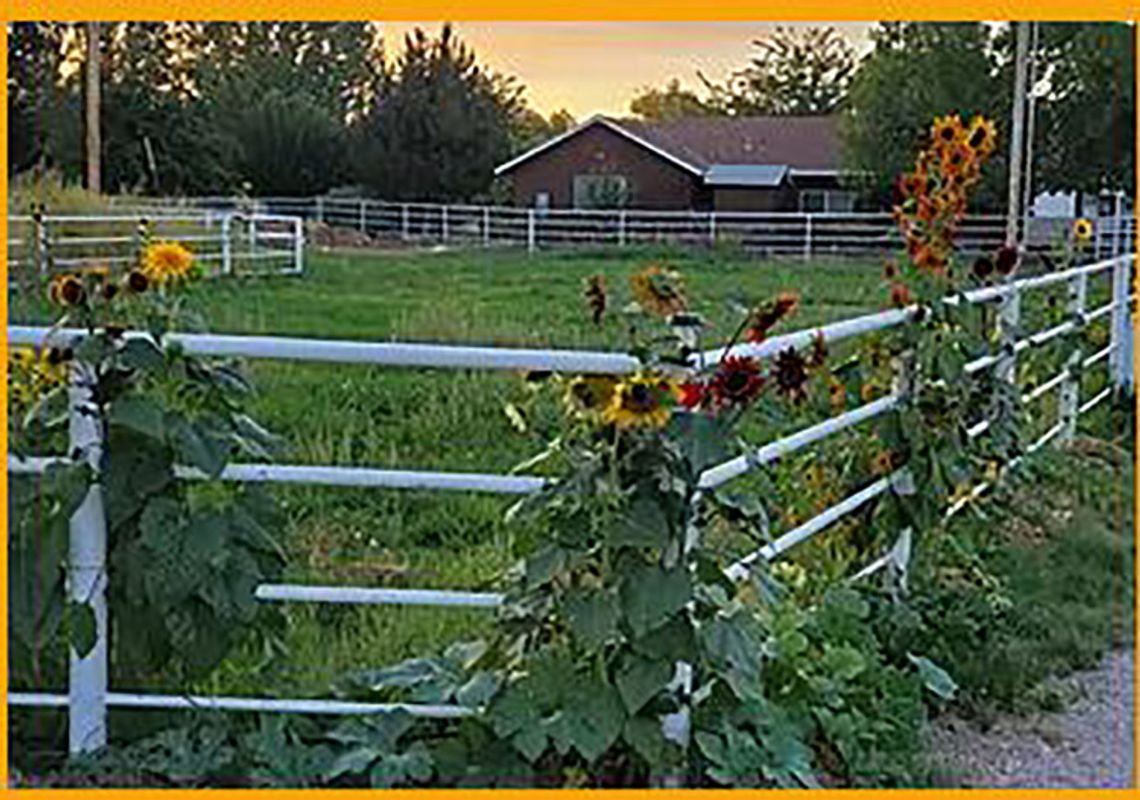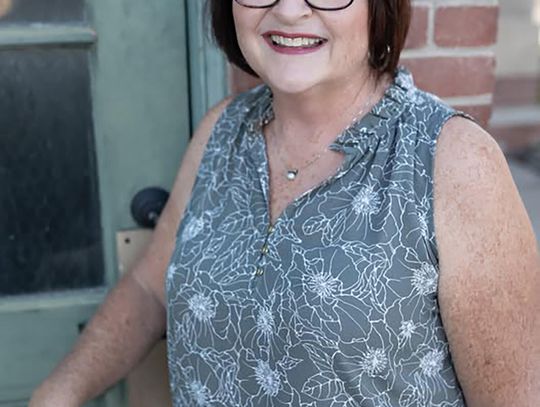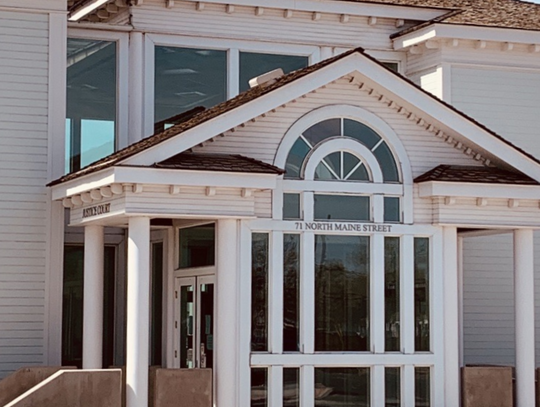Fisk Farm Herbs is run by Stacy and Brad Fisk on permaculture principles and ethics. Earth care, people care, and fair share, which moves them beyond organic and into the true caring for Mother Earth. This is their commitment to raising everything on their farm. Being selected for the Farm2Food Accelerator program gives them the opportunity to offer the products of those principles well beyond the Fallon area.
On November 3, the State of Nevada began a pilot workforce development Farm2Food Accelerator program, which is designed to assist women farmers who grow specialty crops or who use specialty crops to produce their products expand into new market areas. Ten Nevada women were selected to participate including Stacy. She heard about the program through the Nevada Department of Agriculture (NDA) and was encouraged by friends Marissa Ames and Jaime Sammons to sign up for the program. Fisk said, “I had people who knew that I had desires to do some different things, and they were definitely behind me in spirit, and they got me to sign up. I was shocked that I was approved.”
Fisk Farm Herbs is considered a mini-farm, a 1.2-acre parcel on the Carson River in Fallon where the Fisk’s raise over 50 varieties of medicinal and culinary herbs in a compact 8,000 square-foot permaculture space. They also have a 7-hive apiary on the farm, a cottage apothecary, and have plans to develop the apple trees planted along the fence line in the front pasture as espalier trees, where fruit trees are trained to grow along a fence or flat wall instead of upward. She would also like to add more herbs to that pasture as well. “We have water rights for a full half-acre, so I'm trying to grow to that out.”
The Fisk’s got their start in herb farming because, “I've always been interested in plants and growing them. In 2010, I got a little serious when we moved to a small farm in Fallon. I took some classes at Western Nevada College where I was introduced to permaculture practices. That is where permanent agriculture goes back into the earth, and where you never take more than you give back to the earth. We use the resources of other plants on the farm to support the plants that we grow. By 2016, I had started putting those principles into full practice on our last farm.”
Medicinal herbs are numerous with extensive uses. But one has to know which ones can be used and how, as some can also be dangerous. “I wanted to focus on medicinal herbs and signed up for a class with the Chestnut School of Herbal Medicine. It was 1,000 hours of education on medicinal plants and their interactions, and also included the use of permaculture principles. I started the class in 2017 and finished in January 2019. I had a vision of what I wanted to see for our farm, so in July 2019 we bought this property. I'm not completely retired, but I am doing something I love.” When talking about retirement Fisk chuckled a little saying, “I'm too young to collect Social Security, so I have to supplement my income to pay for things like medical insurance. How convenient that I'm growing medicinal herbs to pay for my medical.”
The farm's top ten medicinal herbs are Calendula, Chamomile, Echinacea, Elderberry, Lemon Balm, Marshmallow, Milky Oats, Skull Cap, Stinging Nettle, and Tulsi Holy Basil. Fisk said, “Milky Oats is good for anti-anxiety and depression. Skull Cap is a slow-down type of herb that helps with stress. Ashwagandha, another favorite of mine, is really good for mature women as it helps with stamina, memory, and other things.” The Fisk Farm does also grow culinary herbs, the most common being rosemary, thyme, parsley, and sage, and they all grow late into the season.
The product that Fisk is developing under the Farm2Food program is a bone broth additive. “It will contain Stinging Nettle, Milky Oat tops and Calendula which will boost the nutrients, vitamins and herbal interactions in bone broth being made for soups and other foods.” Fisk went on to say, “There are plenty of powdered and liquid bone broth mixes on the market today. But for a homemade mix made from scratch by cooking the bones, this will give the broth that boost.”
Fisk likes to say, “I don't consider myself an herbalist. I consider myself an herb farmer. I like to play around and know enough to be dangerous but don't want to play around with that kind of fire. I do grow the medicinal herbs and sell them fresh and dried. But I leave the formulation to those that know that aspect of the business best.”
Further information about Fisk Farm Herbs including farm offerings, herb descriptions, care, and uses can be found on their website, https://www.fiskfarmherbs.com/.
Farm2Food Accelerator program information can be found at https://www.f2faccelerator.org/nv-program.










Comment
Comments